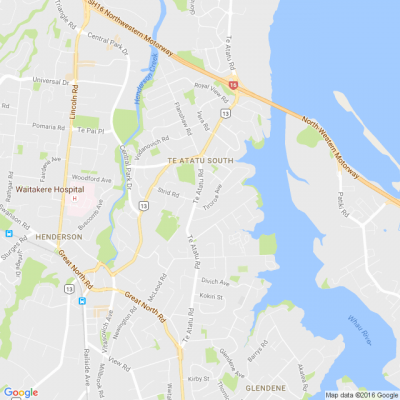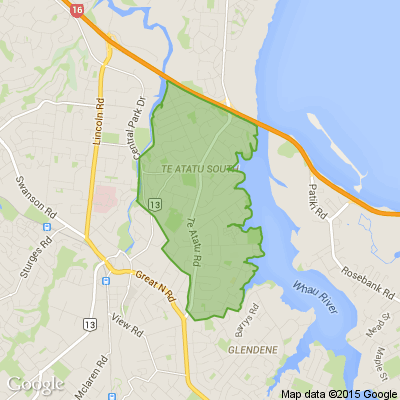The status of Temporary visa holders after Covid-19 lockdown
On March 25, 2020, the New Zealand government announced that temporary visas would be automatically extended to late September. This comes into effect from Thursday, April 2, 2020. Travellers with a temporary work, student, visitor, interim and limited, visa expiring before April 1, 2020, who are unable to leave New Zealand must apply online for a new visa. More information and the latest updates are on the official Covid-19 NZ website.
Large number without status
========================
More than one-in-16 people in New Zealand today – or more than 300,000 in total – is a migrant without residence status, living here on a temporary work, student or family visa. Many of those migrants fill key roles that will help us through this COVID-19 pandemic. Care workers, nurses, doctors, truck drivers, farm workers and fruit pickers are just a few examples. It is a similar story in many other countries. There are more than 2 million people on temporary visas in Australia – including 600,000 New Zealanders. For New Zealand to have its best shot at containing community spread of coronavirus, and to strengthen its case to Australia and other governments to look after New Zealanders abroad, we need to act now to look after all people in New Zealand. That means guaranteeing temporary visa holders access to health and social services for the duration of this COVID-19 crisis. It is not only the right thing to do but also the best thing that we can do for our nation’s health. It also strengthens our government’s ability to demand better care for the approximately 1 million New Zealanders living, studying or working overseas. Closing borders minimises the risk of transmission and protects national populations, as Deputy Prime Minister Winston Peters made clear in his call for travelling New Zealand citizens and residents to return home.
Border closure effect
=================
But it is also true that border closures now in force across our region and around the world have left millions of migrants working or studying abroad stranded away from home, with unequal or uncertain access to health care and other critical services. These border restrictions will halt migration flows in unprecedented ways. Globally, between 2010 and 2019 an additional 51 million people became international migrants. To respond effectively to COVID-19, governments worldwide need to seriously consider the migrants in their midst. New Zealand is no exception. According to the latest statistics from the Ministry of Business, Innovation and Employment, 303,453 people were living in New Zealand on temporary work, student or family visas at the end of February 2020. This represents about 6% of the resident population. Ten years ago, only 155,931 people were on temporary visas.
Limited rights
============
Most countries, including New Zealand, either delay and restrict access to citizenship for migrants, or do not offer it at all. This means a large proportion of these people have relatively limited rights. Temporary visa holders in New Zealand have no certainty about their right to remain. Their access to key public services such as health care is often limited.
Lessons from elsewhere
=====================
Border closures present the New Zealand government with several immediate migration-related challenges, including (a) many people on temporary work visas do not have automatic rights to health care, including all workers who receive work visas less than two years in length and their families, as well as all students and working holiday visa holders, and while some may have health insurance, many policies will not cover treatment for COVID-19 (b) during the course of the New Zealand border closure, and those implemented in other countries, the visas of many of these people may expire, creating problematic legal situations (c) some people on temporary visas, especially those who do not have friends and family in New Zealand or have arrived recently, may have little access to information about COVID-19 or understand how New Zealand government agencies work. (d) Some countries are actively responding to the issue of health access.
Providing health services
=====================
In Canada, the Ontario Ministry of Health says all uninsured people will have access to screening and treatment. Singapore has waived fees for testing and hospital bills for all non-citizen residents and long-term visa holders.
In New Zealand, the government is considering being more flexible with work visas on a case-by-case basis. The government has also made it clear employers of migrant workers are entitled to wage subsidies under the economic response package. This is a good sign but it remains unclear how a case-by-case approach can address the size of the temporary migrant population and their very different circumstances.
Migrants in limbo
===============
In the next six months, the visas of 40,948 migrant workers and 33,441 international students will expire. Visa expiry will leave these migrants in limbo, and that’s without taking into account the impact of COVID-19 on jobs.
For essential skills work visa holders (59,232 people in New Zealand, as of February 2020) and their partners (34,335 people) and children (25,314), the loss of a job for any reason entails the cancellation of a visa if a new position can’t be found. The length of time a person has been in New Zealand or the demand for their skills are not relevant to such decisions. Seasonal work visa holders (8802), mostly from the Pacific, are on seven-month visas with no rights to extend or apply for other visas. Post-study work visa holders (31,437) have more flexibility seeking employment but have often spent significant money on education and living costs over many years. They need a job to be eligible to apply for a residence visa.
=========================================================
Retire in comfort and security
Premium care just meters away form our village. Join our caring community, where passion thrives. Trust Terrace Kennedy House for exceptional care and meaningful connections.

It’s Riddle Time – You Might Need an Extra Cup of Coffee!
Nobody has ever walked this way. Which way is it?
Do you think you know the answer to our daily riddle? Don't spoil it for your neighbours! Simply 'Like' this post and we'll post the answer in the comments below at 2pm.
Want to stop seeing riddles in your newsfeed?
Head here and hover on the Following button on the top right of the page (and it will show Unfollow) and then click it. If it is giving you the option to Follow, then you've successfully unfollowed the Riddles page.

The tiger who came to tea
Trays are such a useful item to have in the home – they are obviously great for serving food and drinks, particularly breakfast in bed! Find out how to create your own with Resene wallpaper and Resene Colorwood wood stain with these easy step by step instructions.








 Loading…
Loading…













